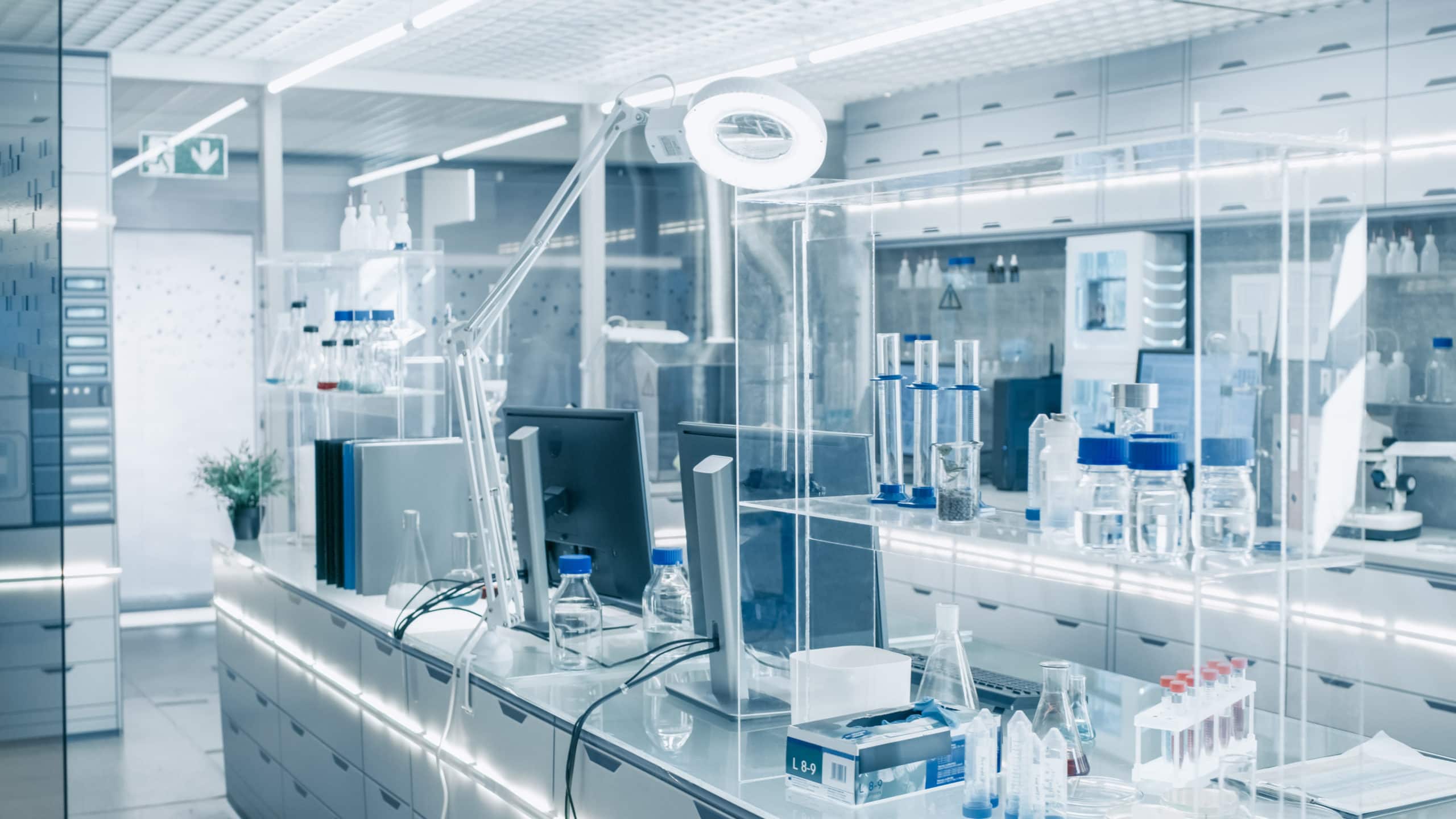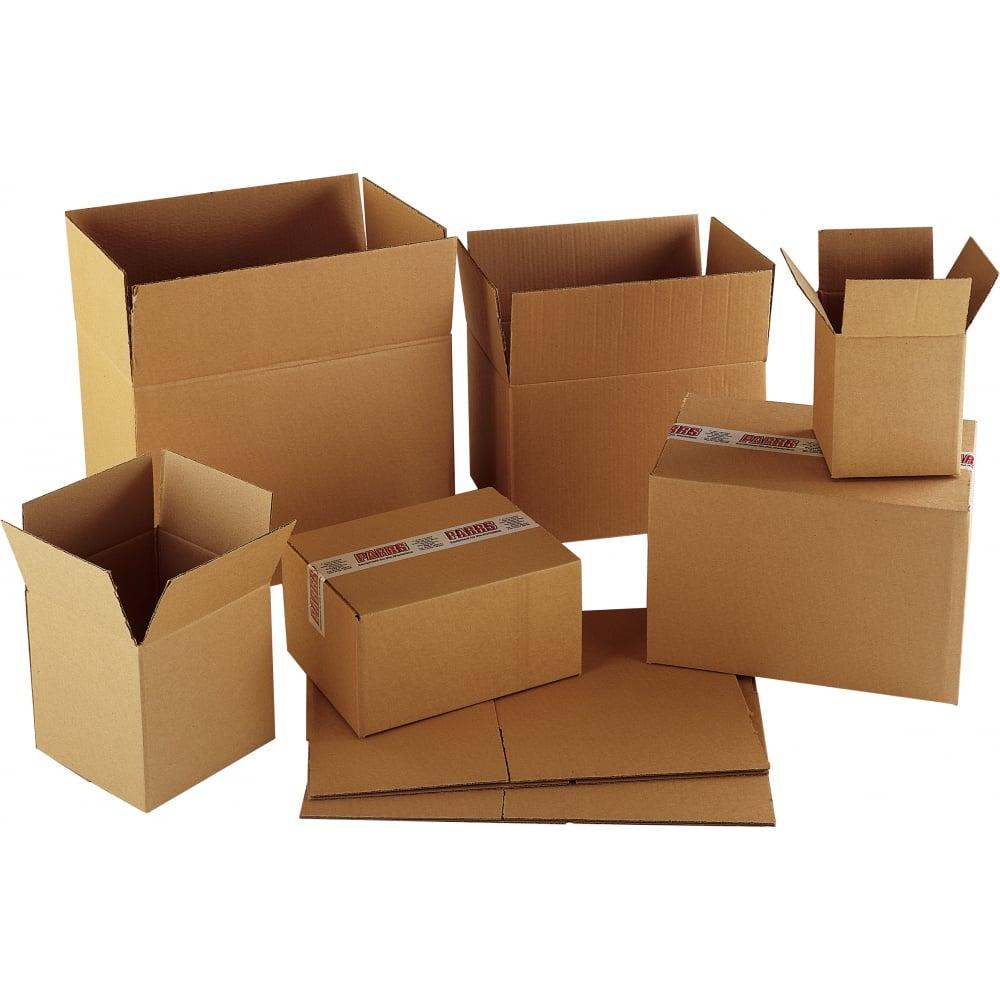In the ever-evolving landscape of healthcare logistics, the efficient and accurate movement of pharmaceuticals and medical supplies has never been more critical. The global healthcare industry relies on a vast network of healthcare logistics companies to ensure that vital medications and medical equipment reach their intended destinations in a timely and safe manner. This is where the integration of cutting-edge technology, such as automation and data analytics, plays a pivotal role in streamlining operations, reducing errors, and ultimately improving patient care.
Healthcare logistics, particularly pharmaceutical logistics, presents a unique set of challenges. The handling and transportation of sensitive medications, vaccines, and medical devices require strict adherence to temperature control, security, and regulatory compliance. Additionally, the logistics landscape has been further complicated by the COVID-19 pandemic, which increased the urgency and complexity of vaccine distribution on a global scale.
Automation in Healthcare Logistics
Automation has become a game-changer in healthcare logistics. The industry has seen a significant shift towards adopting automated systems and processes, enhancing efficiency and precision in various aspects of the supply chain.
1. Order Processing and Inventory Management:
One of the key areas where automation has made a significant impact is in order processing and inventory management. Modern warehouse management systems (WMS) utilize automation to optimize stock levels, reducing the risk of overstock or shortages. These systems can automatically track inventory levels, monitor expiration dates, and issue alerts for restocking, ensuring a seamless supply of essential medications.
2. Temperature Control:
Pharmaceuticals are highly sensitive to temperature fluctuations. Automation in temperature monitoring and control systems can help healthcare logistics companies maintain the integrity of medications during storage and transit. Automated temperature sensors and control systems can adjust conditions in real-time, reducing the risk of spoilage and ensuring that medications arrive in their intended state.
3. Robotic Assistance:
The use of robots in healthcare logistics is steadily increasing. Automated guided vehicles (AGVs) and robotic arms are deployed in warehouses to handle the movement of pharmaceuticals and medical supplies. These robots can pick and pack items, load and unload trucks, and even sort medications with great precision, reducing the risk of damage or contamination.
4. Track and Trace:
The ability to track and trace products in real-time is critical in healthcare logistics. Automation facilitates the implementation of advanced track-and-trace systems that provide visibility throughout the supply chain. These systems not only help prevent theft and fraud but also ensure the authenticity of medications, reducing the risk of counterfeit drugs entering the market.
Data Analytics in Healthcare Logistics
Data analytics is another technology that is driving efficiency and accuracy in healthcare logistics. By harnessing the power of data, healthcare logistics companies can make informed decisions, optimize routes, predict demand, and identify areas for improvement.
1. Predictive Analytics:
Predictive analytics is a valuable tool for healthcare logistics companies. By analyzing historical data and current trends, predictive analytics can forecast future demand for pharmaceuticals and medical supplies. This enables companies to plan their inventory and distribution processes more effectively, reducing the risk of shortages or overstock.
2. Route Optimization:
Efficient transportation is crucial in pharma logistics. Data analytics can be used to optimize routes, taking into account factors such as traffic, weather, and delivery time windows. This not only reduces transportation costs but also ensures that medications reach their destinations on time.
3. Quality Control:
Data analytics can be applied to quality control processes, such as inspecting medications and medical devices. By analyzing inspection data, pharmaceutical logistics companies can identify patterns and potential issues, allowing for quick corrective action and preventing the distribution of faulty products.
4. Regulatory Compliance:
The pharmaceutical industry is heavily regulated, and compliance with various standards and regulations is essential. Data analytics can assist in ensuring that all regulatory requirements are met. By continuously monitoring and analyzing data, healthcare logistics companies can quickly identify and rectify any non-compliance issues.
The Synergy of Automation and Data Analytics
The true power of technology in healthcare logistics lies in the synergy between automation and data analytics. When these two approaches are integrated, healthcare logistics companies can achieve higher levels of efficiency and accuracy.
1. Real-Time Decision-Making:
The combination of automation and data analytics allows for real-time decision-making. For example, an automated temperature monitoring system can provide data on the condition of pharmaceuticals in transit. Data analytics can then process this information to identify potential issues, enabling immediate action to be taken to prevent spoilage.
2. Continuous Improvement:
By continuously collecting and analyzing data, healthcare logistics companies can identify areas for improvement in their processes. Whether it’s optimizing warehouse layouts, fine-tuning delivery routes, or streamlining order processing, the insights derived from data analytics can lead to ongoing enhancements in the supply chain.
3. Risk Mitigation:
The healthcare logistics industry is not immune to risks, whether they are related to theft, fraud, or natural disasters. Automation and data analytics can work together to mitigate these risks. For example, real-time tracking and analytics can help identify suspicious activity or deviations from expected delivery times, allowing for immediate response.
4. Patient Safety:
At the end of the healthcare logistics chain, it’s the patients who benefit the most from the integration of automation and data analytics. Accurate and timely delivery of medications and medical supplies ensures that patients receive the care they need when they need it. This combination of technologies contributes to improved patient safety and outcomes.
Challenges and Considerations
While the integration of automation and data analytics in healthcare logistics brings numerous benefits, it is not without challenges. Some of the key considerations include:
1. Initial Investment:
Implementing advanced automation and data analytics systems can require a significant initial investment. Healthcare logistics companies need to carefully assess the cost-benefit ratio and long-term advantages to make informed decisions.
2. Data Security and Privacy:
The sensitive nature of healthcare data, including patient information and medication details, requires stringent data security and privacy measures. Compliance with data protection regulations, such as HIPAA, is essential.
3. Training and Skill Development:
Healthcare logistics employees need to be trained in using new technologies effectively. Investing in training and skill development is crucial to ensure that the workforce can adapt to and make the most of these tools.
4. Scalability:
As healthcare logistics companies grow and evolve, their technology infrastructure needs to be scalable. Ensuring that systems can adapt to changing demands and volumes is essential for long-term success.
In Conclusion
The role of technology in healthcare logistics, particularly automation and data analytics, cannot be overstated. It has revolutionized the industry by improving efficiency and accuracy throughout the supply chain. The integration of automated processes and data-driven insights ensures that pharmaceuticals and medical supplies reach their intended destinations in optimal condition, ultimately benefiting patient care and safety.
As healthcare logistics companies continue to adopt and refine these technologies, they pave the way for a more reliable and resilient healthcare system. The future of healthcare logistics will undoubtedly be shaped by further advancements in automation and data analytics, with a primary focus on enhancing the well-being of patients worldwide.




